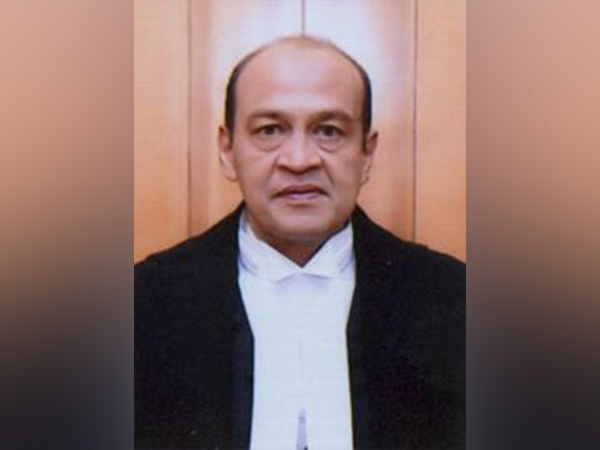Pak blasphemy laws embolden mobs to carry out vigilante justice: Journalist on Lankan national lynching
Dec 09, 2021

Washington [US], December 9 : The brutal murder of a Sri Lankan national in Pakistan's Punjab has drawn condemnation from all around the world and has highlighted the rise of the misuse of the blasphemy law to carry out vigilante justice in Pakistan.
On Friday, a mob in Pakistan's Sialkot had tortured Priyantha Kumara Diyawadana to death before burning his body in Sialkot over alleged blasphemy.
The incident took place in the Wazirabad Road area.
Reportedly, the workers of the private factory attacked the export manager Diyawadana and burnt his body after killing him, Dawn newspaper reported.
Several videos doing rounds on the internet showed scores of men gathered at the site.
In an opinion piece in Foreign Policy (FP), Pakistan-based journalist Kunwar Khuldune Shahid said this homicidal idea, which is at the core of Kumara's ghastly murder, is codified in Pakistan's penal code, which punishes blasphemy against Islam by death.
Though Pakistan has judicially sentenced anyone to death for blasphemy, the journalist says upholding capital punishment for blasphemy while refraining from state-sanctioned executions has emboldened mobs to carry out vigilante justice in Pakistan.
"It is no coincidence that some of the goriest mob lynching incidents in Pakistan overlapped with the country's moratorium on the death penalty, and the initiation of its longest sustained period as an official democracy 13 years ago," he writes.
The journalist points out mobs have regularly vandalized churches, temples, and even mosques belonging to the Ahmadiyya sect. Ahmadi Muslims, constitutionally excommunicated in Pakistan, are deemed sacrilegious by virtue of their existence, and are hence frequent targets of mob attacks, with even the government-affiliated Council of Islamic Ideology pushing for the community's elimination.
Instead of addressing the blasphemy laws in his own country, the journalist says that Khan maintained he wanted to export them globally, saying days after banning the TLP that he wanted people in the West to be "scared of blaspheming against our prophet."
Khan has similarly looked to woo the Ahle Sunnat, or Barelvi, Islamic sect by setting up "spiritual science" centres and announcing extravagant celebrations for festivities associated with the sect. Barelvi Islam, of which the TLP is a radical manifestation, is followed by a majority of Muslims across South Asia.



















